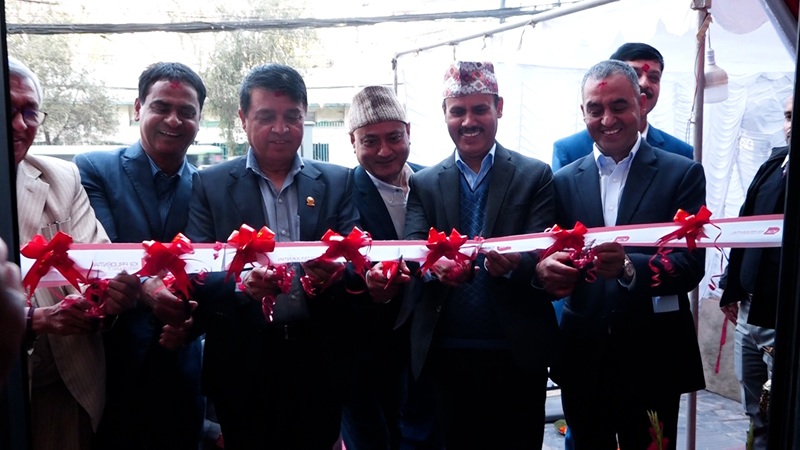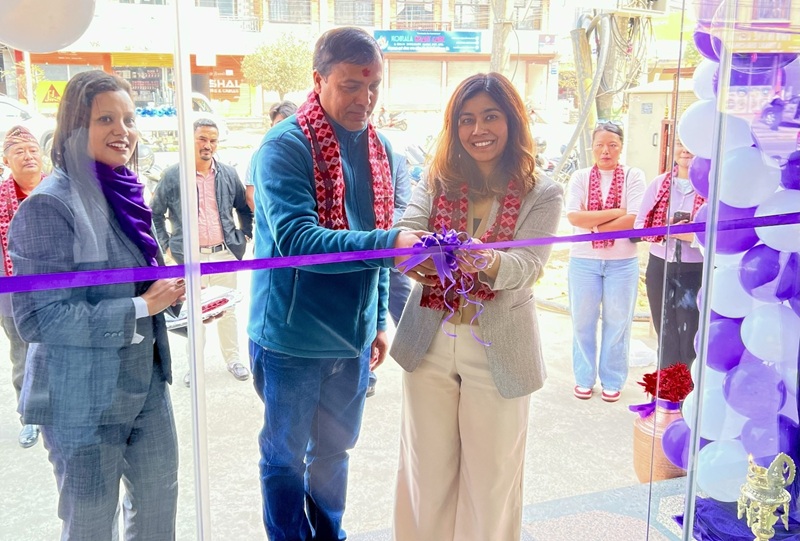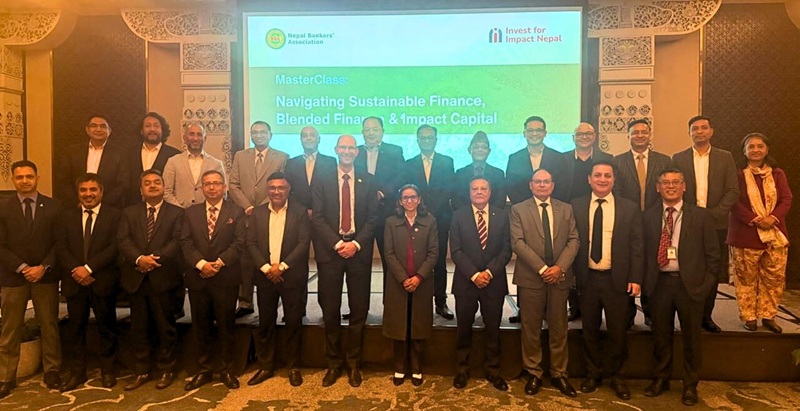Hydropower Development Nepal: IPPAN, Prachanda Discuss Challenges
14th February 2024, Kathmandu
Representatives from the Independent Power Producers’ Association of Nepal (IPPAN) met with Pushpa Kamal Dahal (Prachanda), the Chairman of the Communist Party of Nepal (Maoist Centre), to address three key challenges facing Nepal’s energy sector. The meeting took place on Friday at Prachanda’s residence in Khumaltar, where Ganesh Karki, IPPAN President, presented the issues.
Hydropower Development Nepal IPPAN
Judicial Interference in Executive Powers
IPPAN raised concerns about the increasing judicial interference in the executive branch’s responsibilities, particularly affecting energy projects. Karki emphasized that such interference has hindered the smooth operation of the energy sector and stifled development.
Accounting Committee’s Overreach
Karki also discussed the overreach of the Accounting Committee, which instructed the Nepal Securities Board to block the public offerings of shares for 74 companies, including hydropower projects. This decision has delayed investments, leaving many projects without the necessary funding for over a year. Karki pointed out the serious consequences of this prolonged delay for the country’s energy infrastructure.
Reduction in Hydropower License Duration
Another critical issue raised was the reduction in the license duration for hydropower projects. Under the Electricity Act of 2049, the license period was set at 50 years, but the proposed Electricity Bill seeks to cut this down to 35 years. IPPAN urged Prachanda to intervene and restore the original period to ensure the long-term stability of hydropower investments.
Stagnation in Development Projects
The team also expressed concerns over the Supreme Court’s ruling halting infrastructure projects in protected areas. Karki argued that this has led to a standstill in development efforts across Nepal. He cited examples from other countries where similar court decisions had stalled hydropower projects. He stressed the need for a legal framework that allows for balanced development while protecting the environment.
Prachanda’s Commitment to Address Issues
In response, Prachanda acknowledged the vital role the private sector plays in Nepal’s energy production, contributing two-thirds of the country’s total energy. He assured IPPAN that he would take steps to address the issues raised. Prachanda also emphasized the importance of exporting electricity to neighboring countries like India and Bangladesh, underlining Nepal’s goal to sell 10,000 megawatts of electricity to India over the next decade.
However, Prachanda also criticized the current government for increasing interference in existing energy infrastructure. He noted that such actions have been detrimental to energy development.
Need for Legal Reforms
Prachanda recognized the necessity of legal reforms to support energy production. He recalled his efforts to amend laws during his tenure as Prime Minister to reduce obstacles to development. However, judicial interventions had hindered these changes, making further advocacy and lobbying essential for progress.
Conclusion
This meeting underlined the pressing challenges in Nepal’s energy sector, including judicial interference, regulatory issues, and the need for long-term reforms. With Prachanda’s support, IPPAN hopes to navigate these hurdles and continue contributing to the country’s energy development.







